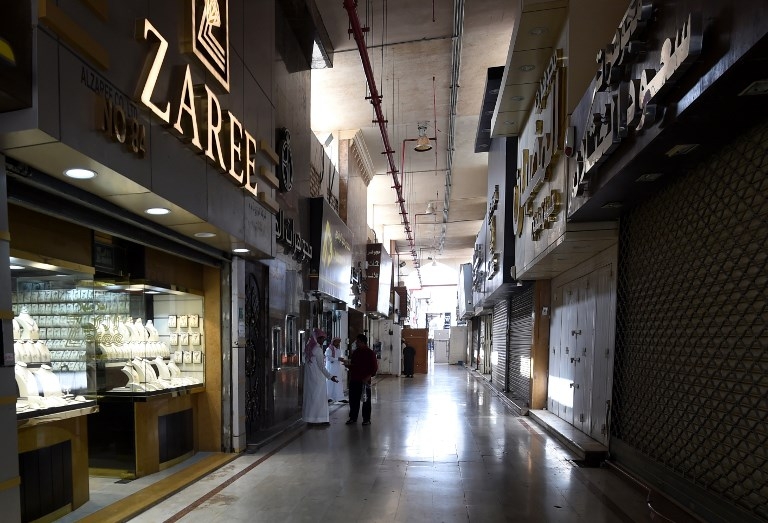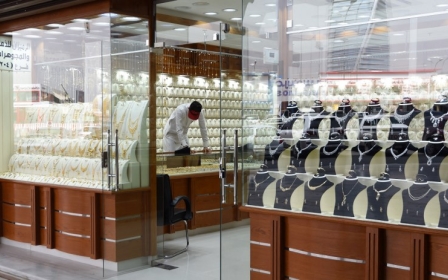Jobs for Saudis, deportation for expats: Saudisation rollout begins

Saudi Arabia began an aggressive "Saudisation" campaign of four retail and wholesale sectors on Tuesday, as the Gulf country presses ahead with economic reforms.
In January, the Ministry of Labour and Social Development announced the gradual plan to restrict employment in 12 sectors to Saudi nationals over three phases, the first of which to begin this month.
The plan aims at reducing unemployment among Saudis, currently standing at 12.8 percent, and reduce the public sector wage bill by bolstering private sector employment.
Under the reform agenda spearheaded by Crown Prince Mohammed bin Salman, the government seeks to reduce unemployment to 7 percent by 2030.
On Tuesday, inspectors from the ministry started the first phase by monitoring the implementation of the Tawteen (nationalisation) scheme for car and motorbike showrooms, shops selling ready-made garments for men and children, home and office furniture shops and shops selling kitchenware.
New MEE newsletter: Jerusalem Dispatch
Sign up to get the latest insights and analysis on Israel-Palestine, alongside Turkey Unpacked and other MEE newsletters
The four trading activities are due to become 70 percent "Saudised" under the supervision of the ministry.
Violators will be penalised in accordance with Saudi labour laws, the ministry said.
In response to the new restrictions, many shops have either shut down completely or reduced their number of branches, due to the higher costs of employing Saudis and the lack of skilled labour, economic daily Al-Eqtisadeya reported after interviewing shopowners.
Prior to the plan, foreigners had occupied approximately 70.5 percent of jobs in wholesale shops, according to the General Authority for Statistics.
On 10 November, the scheme will extend to shops selling watches, eyeglasses and electric and electronic appliances, and on 8 January it will be applied to shops selling medical equipment, building material, spare car parts, carpets and confectionaries, the ministry said.
The first phase aims to unlock 30,000 jobs for Saudi men and women, who would replace expatriates, Al-Eqtisadeya reported, quoting an official at the Ministry of Labour.
The three phases aim at creating a total of 60,000 jobs, he said.
Pro-government Saudi economic analyst Abdelhamid al-Omari said that at least one million foreign workers will leave their jobs over the coming three months, and 425,600 will be deported.
This would mean that more than 3.5 million expatriates have left the kingdom in only two years, he added.
“This is how to decisively counter unemployment,” he said on his Twitter account.
Economic expert Abdullah Al-Maghlouth told the Saudi daily Al-Madinah that Saudisation will increase the costs of hiring workers by 30 percent.
“The Saudi national is still more expensive than the expat, especially in small enterprises,” he said.
Member of the Jeddah Chamber of Commerce, Walid Al-Omary, said that some small shops will not be able to afford the expenses of Saudi labour, and may therefore be forced to change their activity or switch to online marketing to reduce staffing.
Middle East Eye delivers independent and unrivalled coverage and analysis of the Middle East, North Africa and beyond. To learn more about republishing this content and the associated fees, please fill out this form. More about MEE can be found here.




